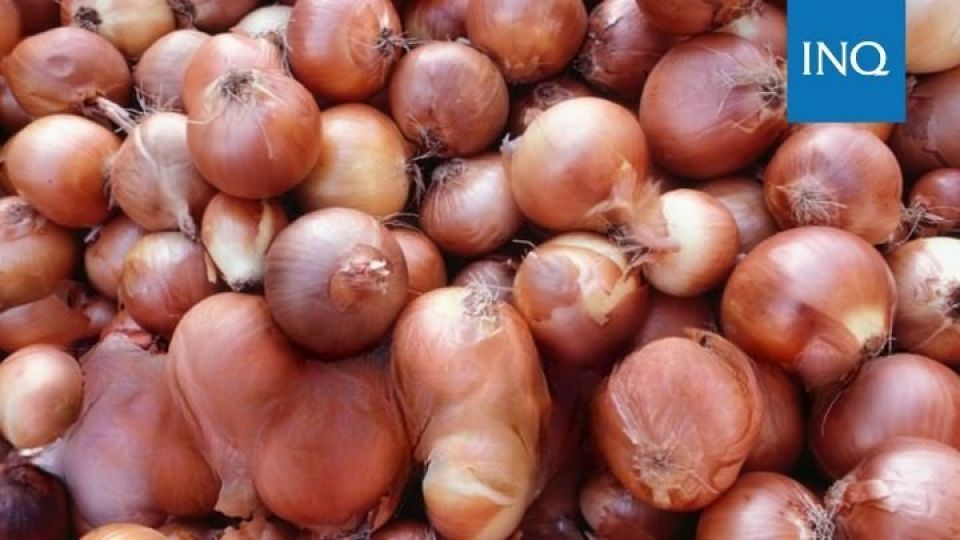January 11, 2023
MANILA – The Department of Agriculture (DA) has authorized the importation of 21,060 metric tons (MT) of red and yellow onions as the agricultural commodity’s retail prices in the markets remain at the P600 per kilogram level.
The latest move is meant to “address the supply gap prior to peak harvest in 2023 and to stabilize the continuous increase in price of fresh onions in the market,” said the DA in a memo signed by Agriculture Senior Undersecretary Domingo Panganiban.
For this round, 17,100 MT of fresh red onions and 3,960 MT of fresh yellow onions will be imported.
As per the DA directive, the issuanceof sanitary and phytosanitary import clearances (SPSICs) will resume on Jan. 9 and end on Jan. 13.
“One (1) SPSIC (25 MT/SPSIC) for fresh yellow and two (2) SPSICs (50 MT/SPSIC) for fresh red onion will be issued to licensed onion importers during the given issuance period,” the order read.
All eligible importers are given until Jan. 27 for their shipments to arrive in the country. The DA said it would not accommodate any request for extension.
Retail prices of red onions have recently increased to as high as P700 per kilo, most likely the most expensive in the world. Four to five months ago, onion prices ranged from P120 to P170 a kilo.
According to DA deputy spokesman Rex Estoperez, the volume of onions to be imported was based on the demand of the public while waiting for the peak harvest this year.
The harvest season will start in mid January but the peak, Estoperez said, would be in mid-February to May.
“Base naman sa pangangailangan ng tao na in the meantime na wala pa ‘yung peak harvest ng ating magsasaka. According to them, mag-peak ito ng mid-February at saka hanggang May,” Estoperez said in a public briefing.
(This is based on the needs of the people while waiting for the peak harvest of farmers, which according to them, will be in mid-February until May.)
“‘Yun lang naman ang binabantayan natin because we also have to protect also our onion growers,” he added.
(That’s what we’re looking at because we also have to protect our onion growers.)


